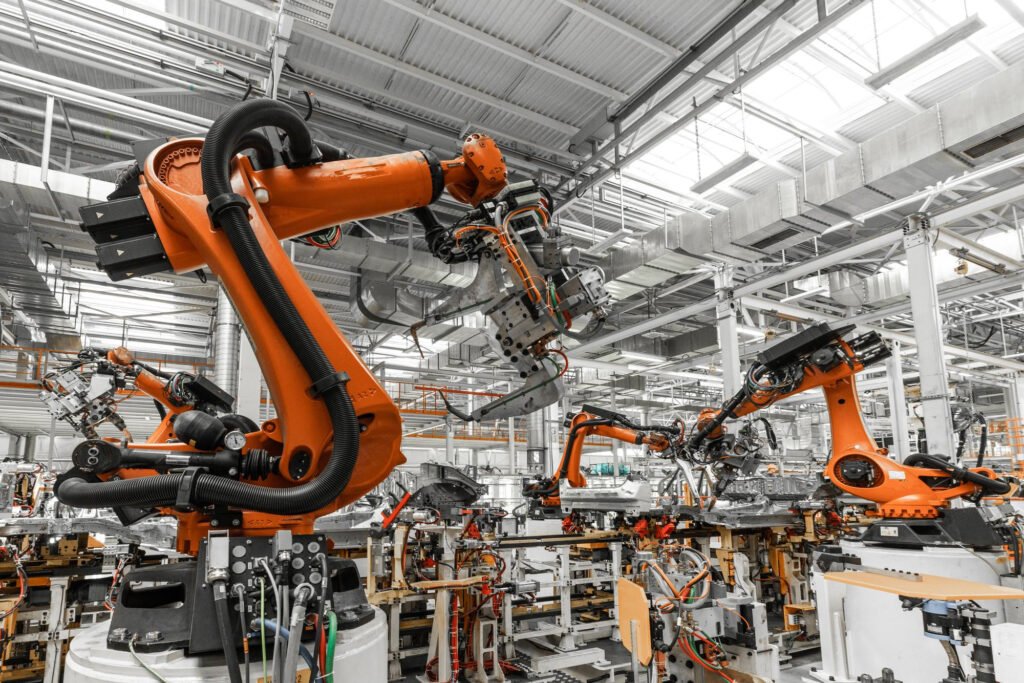Key Considerations for Optimal Performance
When it comes to ensuring the efficiency and longevity of your industrial operations, selecting the right equipment is crucial. Whether you’re looking to upgrade existing machinery, expand your production line, or set up new operations, the right industrial equipment can significantly impact your bottom line. In this blog, we’ll explore the essential factors to consider when choosing industrial equipment to ensure you make the best investment for your business. 1. Understand Your Specific Needs Before diving into the purchasing process, take time to fully understand the specific requirements of your operations. Different industries have unique demands, and the equipment that works well in one sector may not be suitable for another. Consider the following: 2. Prioritize Energy Efficiency Energy costs are often one of the largest expenses in industrial operations. By opting for energy-efficient equipment, you can reduce overhead costs while contributing to a more sustainable business. Look for equipment that incorporates the latest energy-saving technologies, such as variable speed drives, efficient motors, and low-energy consumption systems. Many modern industrial machines are designed to optimize energy usage without sacrificing performance, ensuring a better return on investment in the long run. 3. Focus on Durability and Maintenance Durability and low maintenance costs are vital factors to consider when purchasing industrial equipment. The more durable and reliable your equipment, the less downtime you’ll experience, leading to increased productivity. 4. Automation and Smart Features In today’s fast-paced industrial world, automation is becoming a standard requirement. Equipment with smart features, such as sensors, predictive maintenance alerts, and data analytics, can help you optimize operations and minimize unexpected breakdowns. 5. Compliance with Industry Standards Compliance with local and international safety and environmental standards is a non-negotiable aspect of any industrial operation. Depending on your region and industry, your equipment must adhere to various regulatory requirements for safety, emissions, and other factors. Ensure that the equipment you purchase meets all relevant certifications and standards. Not only does this help avoid legal issues, but it also ensures the safety of your workforce and minimizes risks to the environment. 6. Consider the Total Cost of Ownership (TCO) The initial price of industrial equipment is just one part of the equation. It’s essential to consider the Total Cost of Ownership (TCO), which includes: By evaluating all of these factors, you’ll be able to make a more informed decision and avoid surprises down the line. 7. Reliable Supplier Support Choosing a supplier with a strong reputation for customer service and post-purchase support is just as important as selecting the right equipment. A reliable supplier should offer: Having the right support network can help reduce downtime and keep your operations running smoothly.



